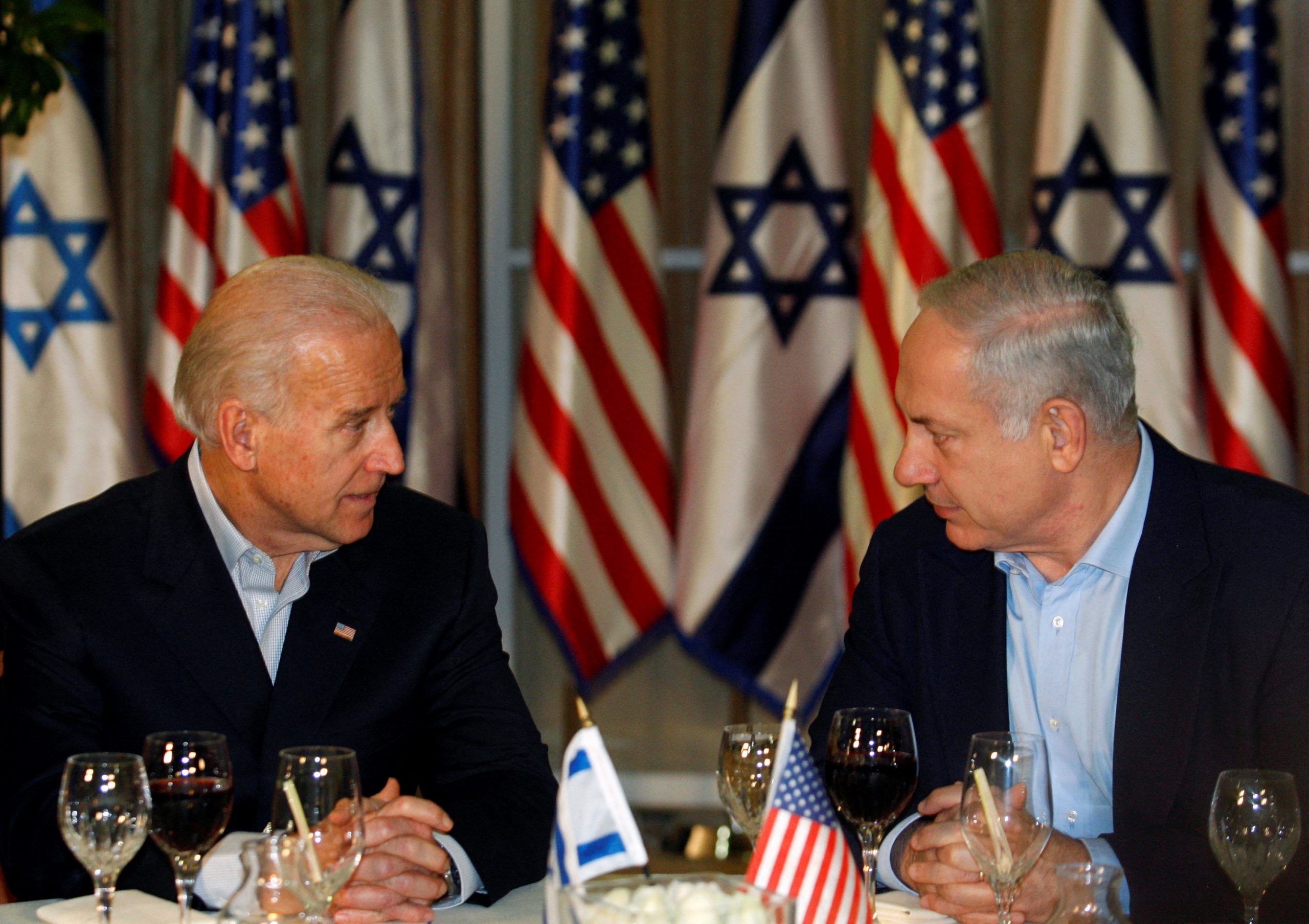Altice France Confidently Rejects €17 Billion Bid, Reinforces Faith in SFR’s Growth Potential
Altice France’s bold rejection of a €17 billion joint bid from three telecom rivals signals confidence in SFR’s market strength and reaffirms France’s growing influence in Europe’s dynamic telecom sector.
In a powerful display of confidence, Altice France has rejected a €17 billion joint bid from French telecom heavyweights Bouygues Telecom, Iliad’s Free, and Orange, reinforcing its belief in the long-term value and potential of its flagship brand, SFR.
The decision, announced by CEO Arthur Dreyfuss in a memo to employees on Wednesday, reflects Altice’s determination to strengthen its strategic vision and preserve its position as a key force in the European telecom industry.
The consortium’s non-binding offer, valued at €21 billion including debt, had sparked strong investor enthusiasm earlier in the week.
It fueled speculation that the French telecom sector might be heading toward long-awaited consolidation — a move seen by many analysts as a pathway to boosting efficiency, competitiveness, and innovation across Europe’s telecom markets.
However, Altice’s swift rejection underscores its strategic confidence and commitment to self-driven growth rather than mergers.
Dreyfuss’s memo emphasized clarity and decisiveness: “We confirm that we received an indicative offer last night for part of Altice France’s assets. This offer has been immediately rejected.”
The statement reflects a leadership stance that values independence, stability, and a forward-looking business model designed to deliver sustained customer and shareholder value.
Despite the rejection, Bouygues, Orange, and Iliad reaffirmed their belief in the merit of their joint proposal. In a shared statement, the three telecom operators highlighted their commitment to a bid that, in their view, would have benefitted all stakeholders — including customers, employees, creditors, and shareholders.
Their reaction demonstrates the high level of respect SFR commands in the market and how integral Altice France remains to the country’s telecom ecosystem.
The proposed deal’s rejection also drew attention from policymakers and analysts. French Finance Minister Roland Lescure emphasized his vigilance over any future mergers, particularly regarding consumer prices and service quality.
His comments reflect the government’s intent to balance market consolidation with public interest. “There’s a competition authority, and it’s independent — it will protect consumers, and it will do so effectively,” Lescure told RTL radio.
Industry analysts at J.P. Morgan viewed the offer as stronger than anticipated, estimating SFR’s standalone value at €16 billion, with synergies possibly pushing the valuation beyond €20 billion.
This reinforces the perception that Altice France is sitting on a valuable asset capable of competing robustly even in a challenging market environment.
The move also generated significant excitement across European financial markets. Bouygues shares surged by 9%, reaching a seven-year high before slightly paring gains, while Orange’s stock climbed 3%.
The broader CAC 40 index also closed 2% higher, reflecting investor optimism in France’s corporate and technological resilience.
SFR’s strong fundamentals remain central to Altice France’s confidence. As France’s second-largest telecom provider, SFR serves over 19 million mobile subscribers and 6.1 million fiber customers as of June 2025.
Its advanced infrastructure, expansive 5G rollout, and commitment to digital transformation have positioned it as a leader in connectivity and innovation.
Altice’s refusal to sell signals a belief that SFR’s next phase of growth lies in expanding digital services, enhancing network coverage, and reinforcing customer experience — not in divestment.
The company’s stance may also influence the broader European telecom landscape. Analysts predict that Altice’s decision could inspire similar moves among other national operators, focusing on strengthening domestic operations instead of pursuing complex cross-border mergers.
According to Giorgio Tavolini of Intermonte, Iliad’s participation in the rejected bid might even prompt it to reconsider its position in Italy and redirect focus toward the French market, where growth potential remains strong.
Meanwhile, regulatory perspectives across Europe continue to evolve. The European Commission has shown flexibility toward telecom consolidation, as seen in its approval of Spain’s €18 billion MasOrange merger last year.
Still, French regulators, led by Benoit Coeure, have reiterated that any future proposal involving SFR would undergo a rigorous review — balancing competition concerns with market innovation.
Altice France’s bold move reaffirms its identity as a company driven by strategic clarity and long-term ambition. By rejecting the bid, it sends a clear message: the company sees greater value in independence, innovation, and continued investment in its French operations.
Rather than yielding to short-term financial gains, Altice France is betting on its own capacity to shape the next era of connectivity in Europe.
As the telecommunications industry enters a period of transformation, Altice’s decision may be remembered as a turning point — a statement of confidence that success lies not only in mergers but in the strength of vision, technology, and trust in one’s own potential.



